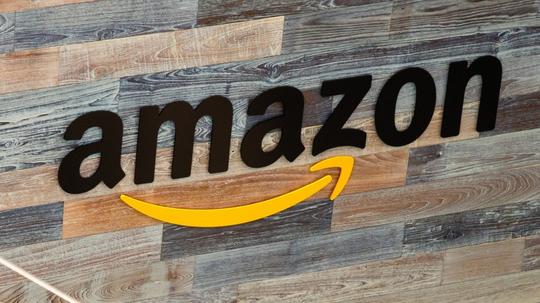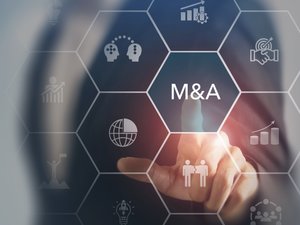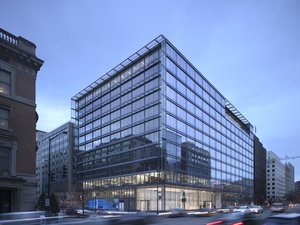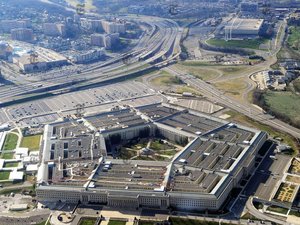
This contributed post was written by Jeff White, founder and CEO of Gravy Analytics, a Dulles, Va.-based company that uses events to provide location data services. Previously, White founded and eventually sold two local tech companies – GovWin IQ and Blue Canopy.
It’s been one year since Amazon first announced it’s proposed HQ2 plans – and, as we all know by now, D.C. is reportedly a serious contender in the race. There are so many compelling reasons why the D.C. metro area is the perfect place to grow and scale a tech company – I would know, I’ve grown and scaled three companies here myself. While we continue to play the waiting game here, I’ve had a moment to reflect on the broader impact and implications Amazon’s final decision will have on local entrepreneurs and startups, as well as our city overall.
As a D.C. native and fellow entrepreneur, here’s my take:
More than the backbone to the online world
The impact Amazon will bring to D.C. is more than just an influx of jobs and capital investment – we have some of the brightest tech minds, and yet we rank 10th for venture capital investments only receiving 1.6 percent of total funding. With Amazon in our backyard, the nation’s capital will be known as much more than just a data center corridor (70 percent of the world's internet traffic passes through the D.C. area now). HQ2 will bring valuable attention to our region as one of the top places to work and live, and could be the springboard for additional capital investment and a cycle of growth for startups in the region.
A rising tide lifts all ships
Sure, Amazon’s HQ2 would likely add some tension beyond the tech ecosystem – from housing, education and real estate to development, roads and infrastructure – but tension is necessary for growth. The potential impact of having HQ2 in our backyard means there will be a growing energy that, if properly managed and addressed, can drive major momentum across many industries in the area.
There may be some adjusting to do and perhaps some growing pains – like traffic, for example. Despite the fact that D.C. has sprawling transportation systems, the city already ranks sixth for the worst city for traffic, with the average commuter spending 61 hours in traffic every year. Congestion on the roads, busses and metro will need to be carefully managed, and continued investment and expansion of our public transportation systems will be critical for the success of HQ2 and our existing tech community.
More diverse minds, ideas will make D.C. smarter
As a D.C. native, I’ve noticed a large portion of our local workforce consists of people who were either raised or attended school here. If Amazon chooses D.C., there’s a strong possibility that this area will become more attractive to talent from all over the country, as well as internationally – perhaps even a post-college destination of choice for top tech talent.
With more diverse minds among us, D.C.’s tech community will only become smarter and more innovative. The area already boasts some of the country’s most prestigious universities, brilliant academics and is close in proximity to domestic and international organizations that value strong innovation like NASA, National Science Foundation, Center for Democracy and Technology and TechNet, as well as government trade organizations. D.C. has all the action and resources of a major tech economy – what’s it going to be, Amazon? Yea or nay?




